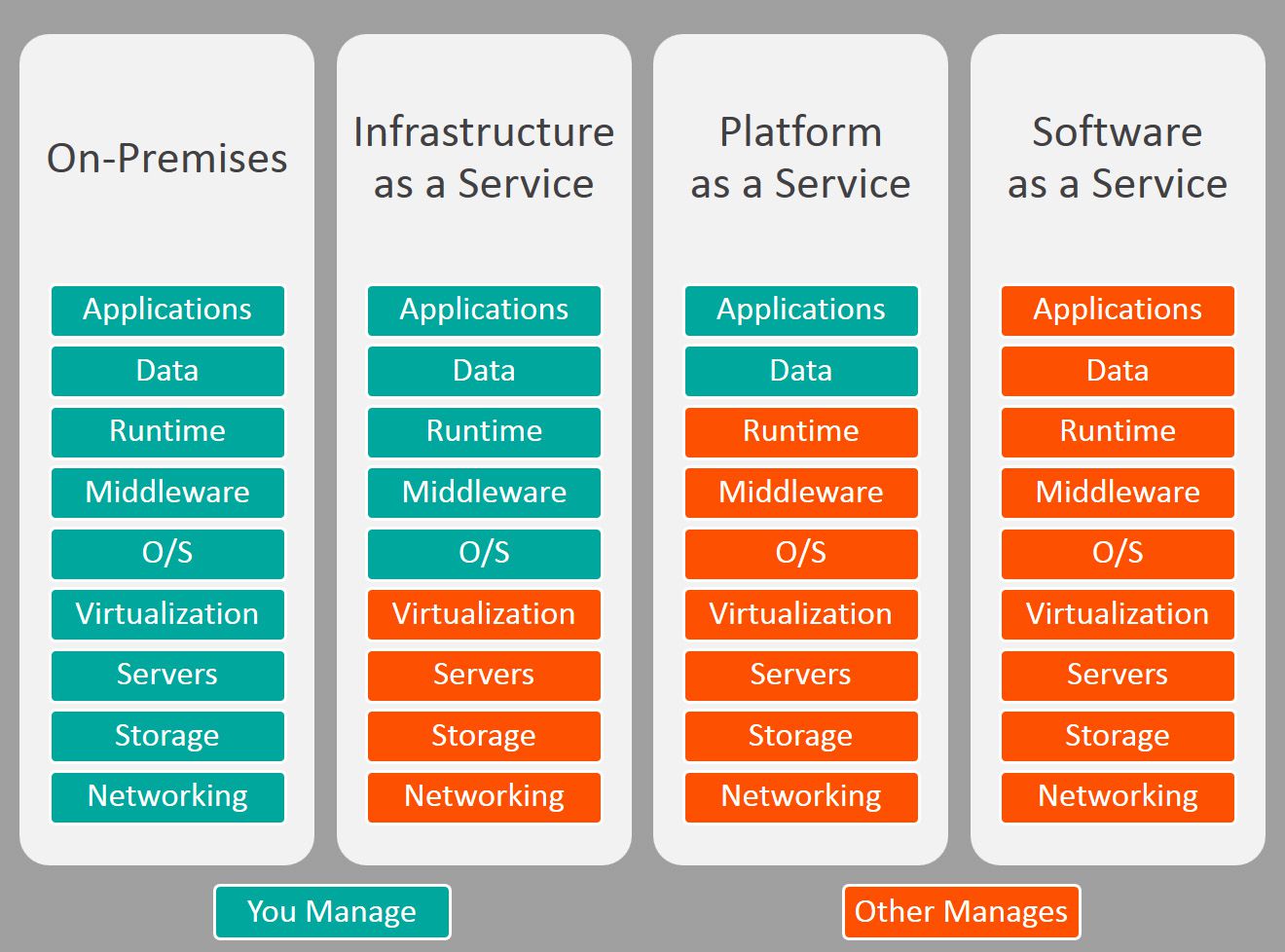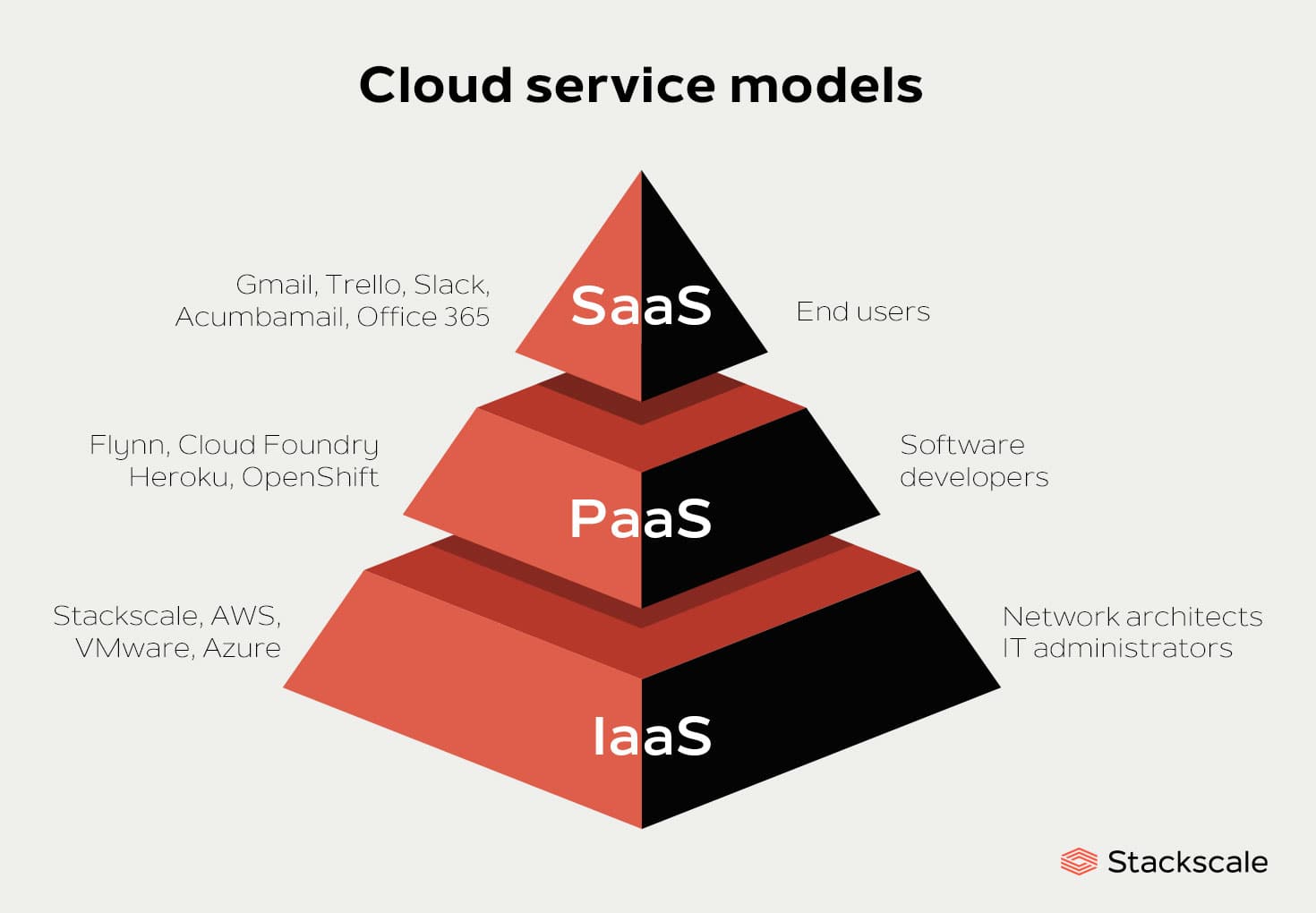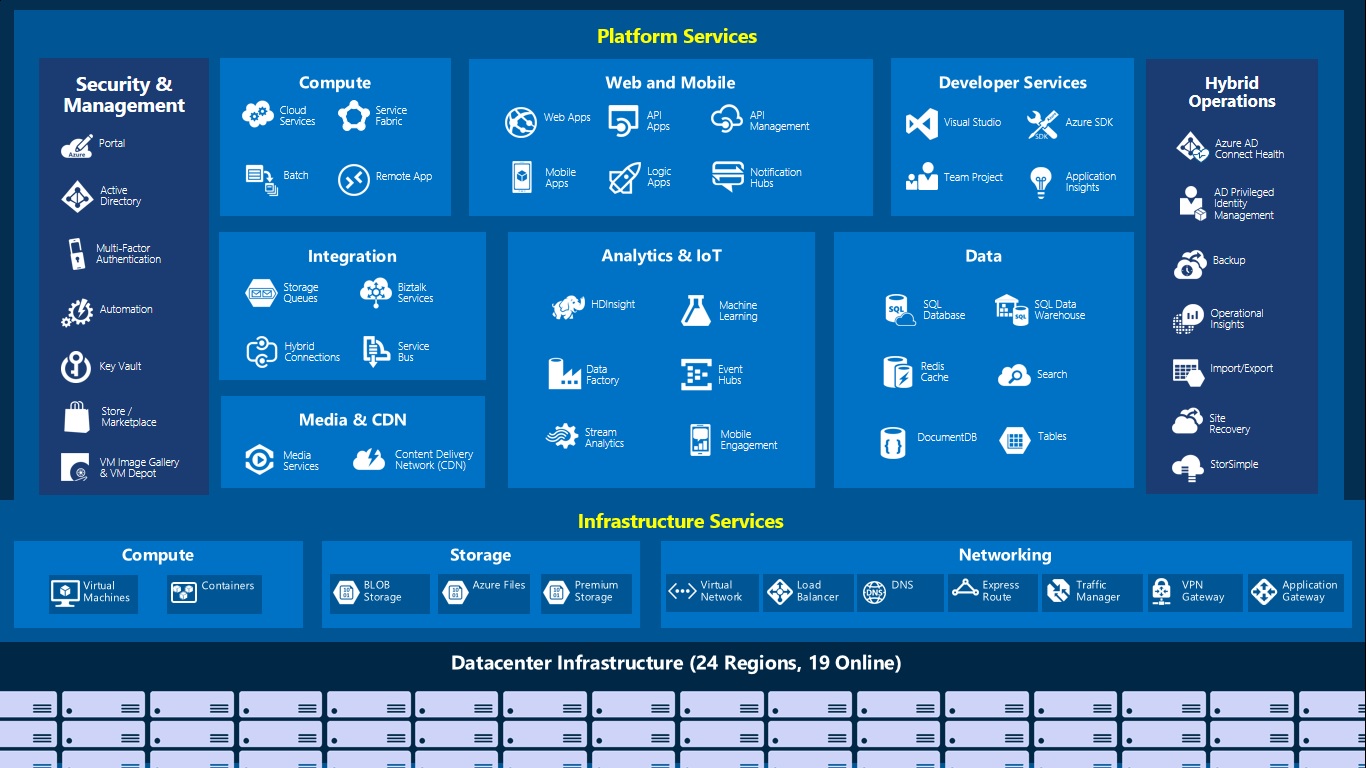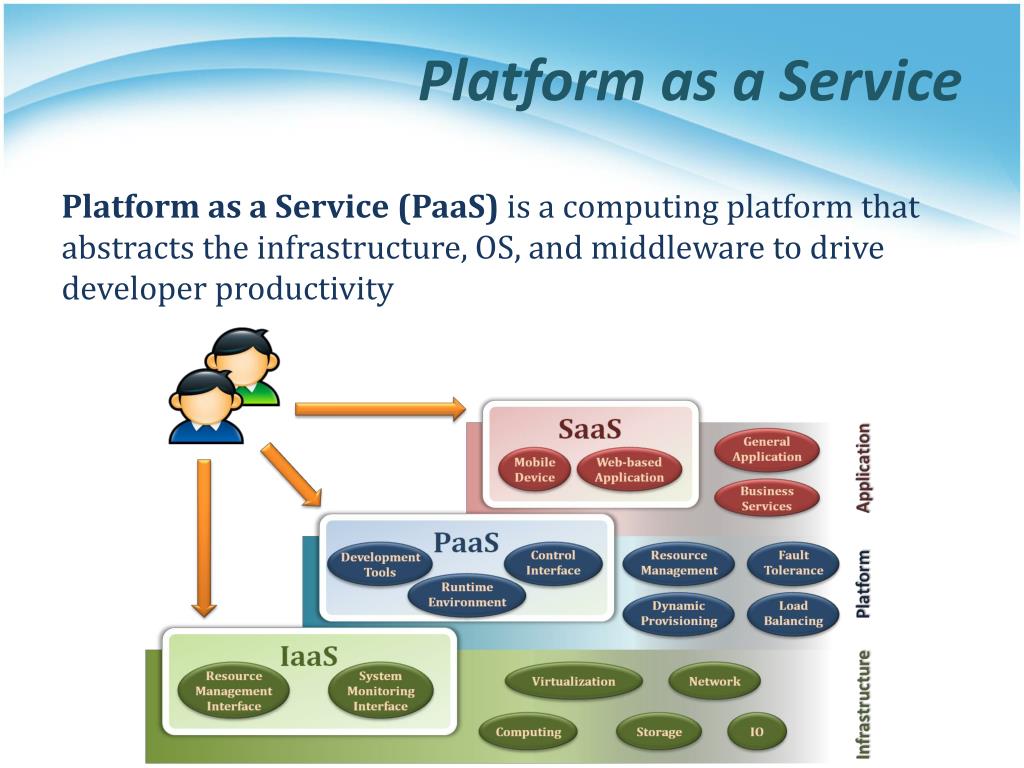Understanding Platform as a Service (PaaS)
Platform as a Service (PaaS) represents a significant evolution in modern software development. As a cloud computing model, PaaS offers a complete framework for developers to build, test, and deploy applications without managing the underlying infrastructure. This abstraction allows developers to focus on their primary goal: creating innovative and functional applications.
PaaS offerings typically include infrastructure, middleware, and development tools, all provided as a service over the internet. This comprehensive suite of resources enables developers to create applications quickly and efficiently, while also benefiting from the economies of scale associated with cloud computing. As a result, PaaS has become an essential component of many organizations’ technology strategies, empowering them to bring products to market faster and more cost-effectively.
In essence, PaaS simplifies the application development process by handling the complexities of infrastructure management. By adopting PaaS solutions, development teams can streamline their workflows, reduce time-to-market, and allocate resources more effectively. This agility and flexibility make PaaS an attractive option for businesses of all sizes seeking to remain competitive in an ever-evolving digital landscape.
Key Benefits of PaaS Solutions
Platforms as a Service (PaaS) offer numerous advantages to organizations seeking to streamline their application development and deployment processes. By adopting PaaS solutions, businesses can enjoy cost savings, scalability, faster time-to-market, and simplified maintenance. These benefits enable development teams to focus on application development rather than infrastructure management.
One of the primary advantages of PaaS is cost savings. PaaS offerings typically follow a pay-as-you-go model, allowing businesses to scale their infrastructure up or down based on demand. This flexibility reduces the need for significant upfront investments in hardware and infrastructure. Additionally, PaaS providers often handle maintenance, updates, and security, further reducing operational costs.
Scalability is another significant benefit of PaaS solutions. As businesses grow, their infrastructure requirements often change. PaaS platforms can quickly and easily adapt to these shifting demands, enabling organizations to scale resources up or down as needed. This elasticity ensures that applications always have the necessary resources, preventing performance issues and enhancing user experiences.
Faster time-to-market is yet another advantage of PaaS. By abstracting away infrastructure management, PaaS solutions enable development teams to focus on building and deploying applications. This focus leads to shorter development cycles and quicker releases, allowing businesses to bring products to market more rapidly and maintain a competitive edge.
Lastly, PaaS platforms simplify maintenance by handling tasks such as patching, backups, and updates. This automation reduces the burden on development teams, allowing them to concentrate on application development rather than infrastructure management. As a result, businesses can ensure their applications remain up-to-date, secure, and well-maintained without dedicating extensive resources to these tasks.
Popular PaaS Providers and Their Unique Offerings
Platforms as a Service (PaaS) have become indispensable tools for modern software development. Various PaaS providers offer unique features and benefits tailored to diverse development needs. This section introduces major PaaS providers, including Google App Engine, Microsoft Azure, AWS Elastic Beanstalk, Heroku, and Salesforce Heroku.
Google App Engine, a powerful PaaS solution, supports popular programming languages such as Python, Java, Node.js, Go, and PHP. Its ease of use and rapid application development capabilities make it an attractive choice for developers. Google App Engine automatically scales applications based on traffic, ensuring optimal performance and resource allocation.
Microsoft Azure, a comprehensive cloud platform, offers numerous PaaS services catering to various development needs. Azure supports multiple programming languages, including .NET, Java, Node.js, Python, and PHP. Its integration capabilities enable seamless interaction with other Microsoft services, such as Office 365 and Dynamics 365, providing a cohesive development experience.
AWS Elastic Beanstalk, a scalable and robust PaaS solution, simplifies application deployment and management. AWS Elastic Beanstalk supports popular programming languages, including Java, .NET, Node.js, Python, Ruby, Go, and PHP. Its seamless integration with other AWS services ensures enhanced security, scalability, and reliability for applications.
Google App Engine: A Powerful PaaS Solution
Google App Engine is a leading Platform as a Service (PaaS) offering, providing a robust and flexible environment for developers to build, test, and deploy applications. Compatible with popular programming languages such as Python, Java, Node.js, Go, and PHP, Google App Engine simplifies application development and management.
One of the key benefits of Google App Engine is its ease of use for rapid application development. By handling infrastructure management, Google App Engine enables developers to focus on creating innovative and functional applications. This abstraction leads to reduced operational overhead and accelerated development cycles, allowing businesses to bring products to market more quickly.
Google App Engine automatically scales applications based on traffic, ensuring optimal performance and resource allocation. This elasticity is particularly beneficial for businesses with fluctuating resource demands, as it prevents overprovisioning and minimizes costs. Moreover, Google App Engine’s robust security features protect applications from threats, further enhancing their reliability and trustworthiness.
Google App Engine’s compatibility with popular programming languages and seamless integration with other Google services, such as Google Cloud Storage and Google Cloud SQL, make it an attractive choice for developers. By leveraging these services, developers can create comprehensive and feature-rich applications without managing the underlying infrastructure.
Microsoft Azure: A Comprehensive Cloud Platform
Microsoft Azure is a versatile and feature-rich cloud platform, offering Platform as a Service (PaaS) solutions tailored to various development needs. With support for multiple programming languages, including .NET, Node.js, Python, Java, and PHP, Azure caters to a wide range of developers and applications.
Azure’s PaaS offerings simplify application development and deployment, enabling developers to focus on creating innovative and functional applications. By handling infrastructure management, Azure reduces operational overhead and accelerates development cycles, allowing businesses to bring products to market more quickly. Moreover, Azure’s seamless integration with other Microsoft services, such as Office 365 and Dynamics 365, provides a cohesive development experience.
Microsoft Azure’s extensive feature set includes services for machine learning, serverless computing, and container orchestration. These capabilities empower developers to create sophisticated and scalable applications without managing the underlying infrastructure. Furthermore, Azure’s robust security features and compliance certifications ensure applications are protected from threats, enhancing their reliability and trustworthiness.
Azure’s hybrid cloud capabilities enable businesses to leverage their existing on-premises infrastructure while taking advantage of cloud benefits. This flexibility allows organizations to modernize their IT environments at their own pace, ensuring a smooth transition to cloud-based services. Additionally, Azure’s cost-effective pricing models and consumption-based billing help businesses optimize their spending and minimize waste.
AWS Elastic Beanstalk: Scalable and Robust PaaS Solution
AWS Elastic Beanstalk is a Platform as a Service (PaaS) offering from Amazon Web Services (AWS), designed to simplify application deployment and management. Elastic Beanstalk supports popular programming languages, including Java, .NET, Node.js, Python, Ruby, Go, and PHP, making it a versatile solution for various development needs.
One of the key benefits of AWS Elastic Beanstalk is its scalability. Elastic Beanstalk automatically adjusts resources to match application demand, ensuring optimal performance and cost-efficiency. This autoscaling capability is particularly beneficial for businesses with fluctuating resource demands, as it prevents overprovisioning and minimizes costs.
AWS Elastic Beanstalk offers robust security features and seamless integration with other AWS services, such as Amazon RDS, Amazon SNS, and Amazon S3. These integrations enable developers to create comprehensive and feature-rich applications without managing the underlying infrastructure. Additionally, Elastic Beanstalk’s compatibility with container technologies, such as Docker, allows for greater flexibility and control over application environments.
AWS Elastic Beanstalk simplifies application maintenance by handling tasks such as capacity provisioning, load balancing, and health monitoring. This automation reduces the operational overhead for developers, allowing them to focus on creating innovative and functional applications. Furthermore, Elastic Beanstalk’s pay-as-you-go pricing model ensures businesses only pay for the resources they consume, contributing to cost savings.
Heroku: A Developer-Friendly PaaS Solution
Heroku is a Platform as a Service (PaaS) provider known for its ease of use, support for multiple programming languages, and strong community. As a developer-friendly platform, Heroku simplifies application development, deployment, and management, allowing developers to focus on creating innovative and functional applications.
Heroku supports a wide range of programming languages, including Ruby, Python, Node.js, Java, and Go, making it a versatile solution for various development needs. The platform’s intuitive interface and streamlined workflow enable developers to quickly deploy and manage applications, reducing operational overhead and accelerating development cycles.
One of the key benefits of Heroku is its strong community. The platform boasts an active and engaged user base, which contributes to a rich ecosystem of open-source projects, plugins, and add-ons. This strong community support helps developers quickly find solutions to common challenges and promotes knowledge sharing, fostering a collaborative development environment.
Heroku’s pricing model is based on resource consumption, allowing businesses to optimize their spending and minimize waste. The platform’s flexible scaling options enable developers to adjust resources to match application demand, ensuring optimal performance and cost-efficiency. Additionally, Heroku’s robust security features and compliance certifications ensure applications are protected from threats, enhancing their reliability and trustworthiness.
Salesforce Heroku: A PaaS Solution for Building Customer-Centric Apps
Salesforce Heroku is a Platform as a Service (PaaS) offering focused on customer-centric app development and seamless integration with Salesforce services. As a powerful and flexible platform, Heroku simplifies application development, deployment, and management, allowing developers to create innovative and functional applications that cater to their customers’ needs.
Heroku supports a wide range of programming languages, including Ruby, Python, Node.js, Java, and Go, making it a versatile solution for various development needs. The platform’s intuitive interface and streamlined workflow enable developers to quickly deploy and manage applications, reducing operational overhead and accelerating development cycles.
One of the key benefits of Salesforce Heroku is its tight integration with Salesforce services. This integration allows developers to build customer-centric applications that leverage Salesforce’s customer relationship management (CRM) capabilities, analytics, and marketing tools. By combining these powerful features, businesses can create engaging and personalized customer experiences that drive growth and loyalty.
Salesforce Heroku’s pricing model is based on resource consumption, allowing businesses to optimize their spending and minimize waste. The platform’s flexible scaling options enable developers to adjust resources to match application demand, ensuring optimal performance and cost-efficiency. Additionally, Salesforce Heroku’s robust security features and compliance certifications ensure applications are protected from threats, enhancing their reliability and trustworthiness.








